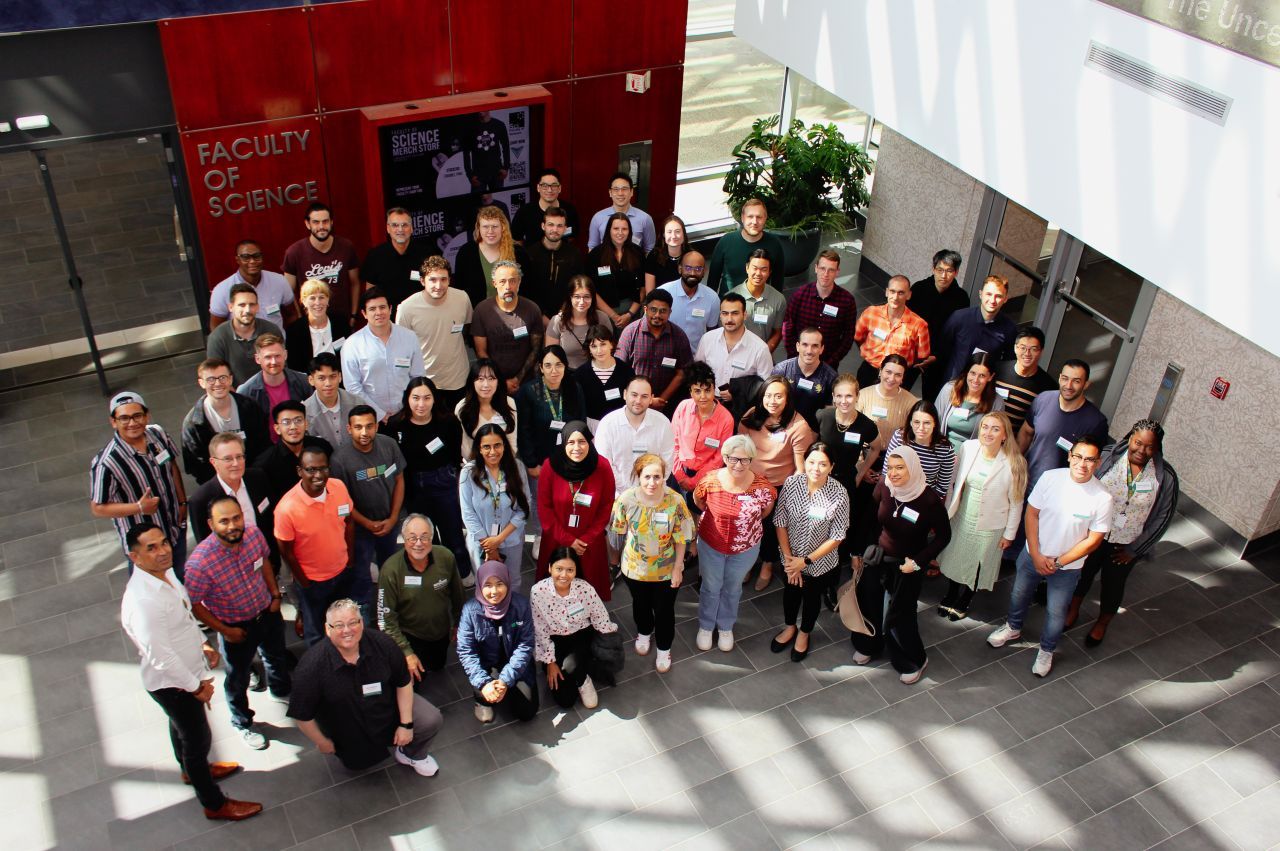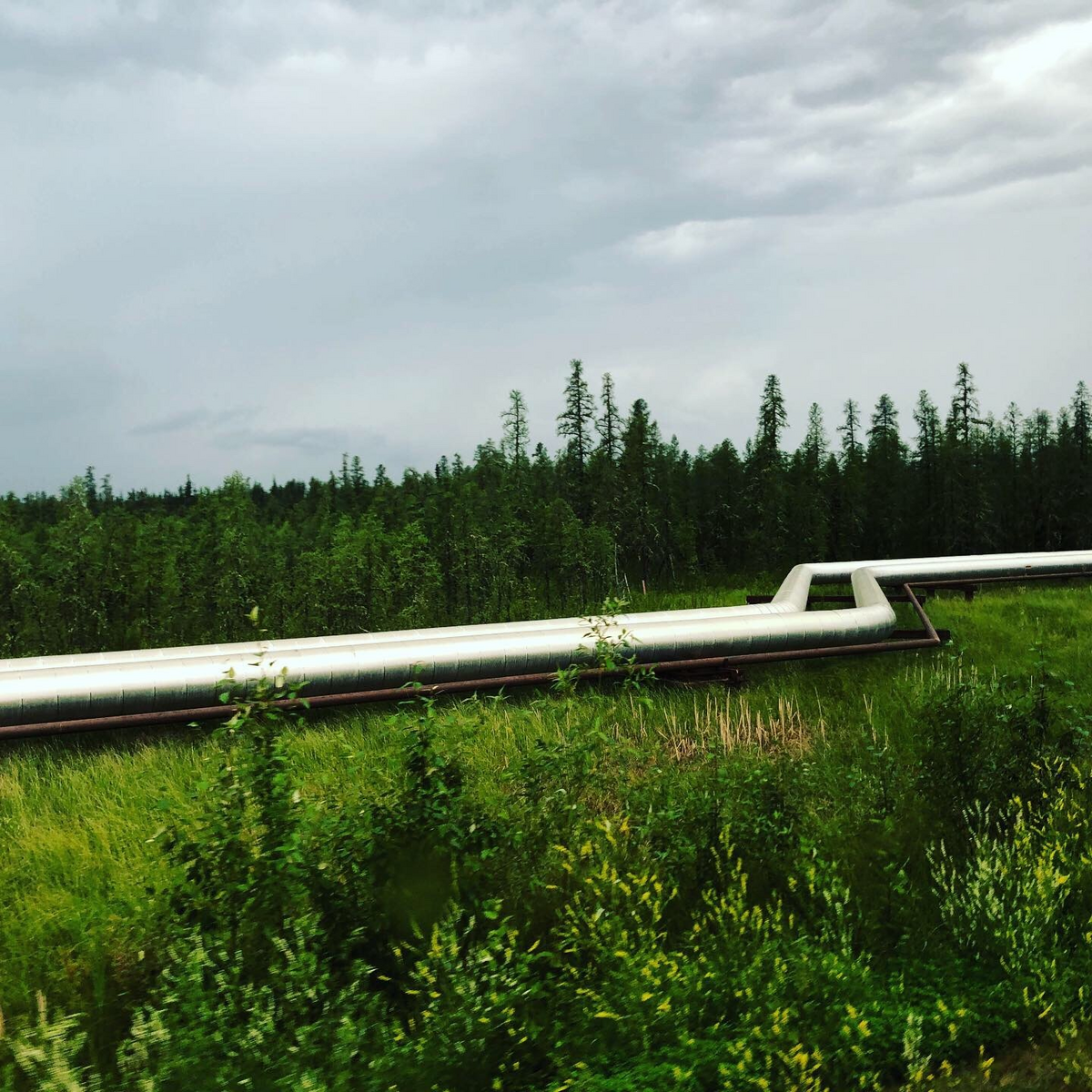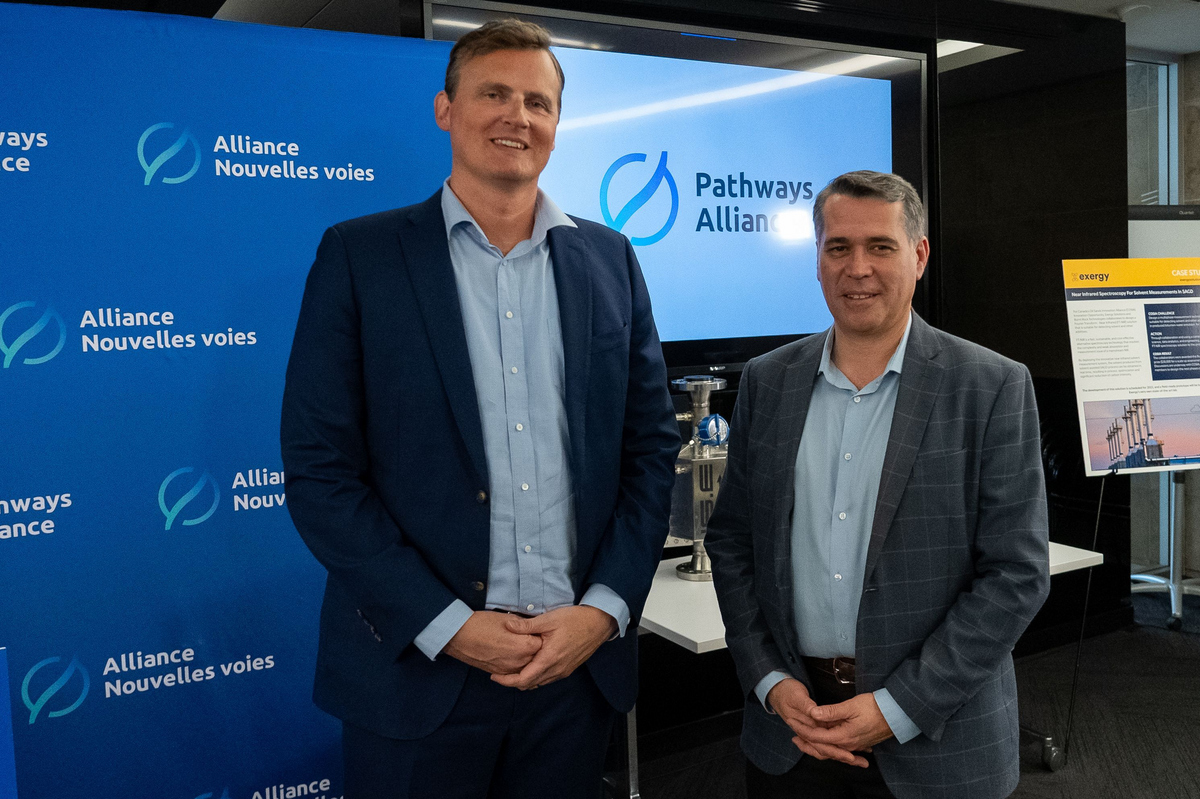CCS Summer School: empowering the next generation of carbon capture and storage leaders
September 30, 2025

Students and professionals from around the world descended on the Saskatchewan prairies this summer to learn more about key CO2 technologies at the 2025 IEAGHG International CCS Summer School. Held in Regina this July, the event was hosted by the International CCS Knowledge Centre and proudly sponsored by Pathways Alliance. This one-of-a-kind global program welcomed 50 young professionals, master’s and PhD students from 32 countries to explore the full spectrum of carbon capture and storage (CCS) technologies. CCS is a proven technology used around the world, where capture technologies are fitted to a large emission source, making it possible to capture CO2 emissions so they don’t end up in the atmosphere.
The week-long summer school curriculum featured expert-led presentations on key topics such as CO2 capture technologies, transportation infrastructure, geological storage and industrial CO2 utilization. Participants also explored the economics of CCS, regulatory frameworks, greenhouse gas accounting, public communication strategies, and health and safety considerations. These sessions were complemented by site visits to SaskPower’s Boundary Dam CCS facility and the Aquistore CO2 storage project—offering real-world insights into operational CCS systems.
Aquistore is a CO2 measurement, monitoring and verification project injecting and storing CO2 from SaskPower’s Boundary Dam Carbon Capture Facility to demonstrate the scientific and economic feasibility of deep saline geological formation storage. The project is providing practical knowledge for other jurisdictions and companies thinking of doing the same.
“While the Aquistore facility was a lot smaller than I expected—the size of a small shipping container—I was impressed by the measurement, monitoring and verification systems they were testing,” explained Kennedy Bailey, Events and Engagement Advisor at Pathways Alliance, who attended the Aquistore tour.
The Aquistore project uses more than 20 technologies to monitor groundwater, rock-fluid properties, reservoir fluid chemistry and more.
This immersive, hands-on approach is what sets the CCS Summer School apart, in addition to its multidisciplinary learning environment. To wrap up the week, students used the Northern Lights CCS Project as a real-world case study, and presented their research bringing together insights from engineering, geoscience, economics and policy—highlighting how collaboration across fields leads to more informed, practical solutions to complex challenges.
With more than 750 alumni from 64 countries, the IEAGHG International CCS Summer School continues to encourage environmental collaboration. By equipping participants with technical knowledge and global networks, the Summer School plays a vital role in accelerating the implementation of CCS as a key innovation in the energy industry.


